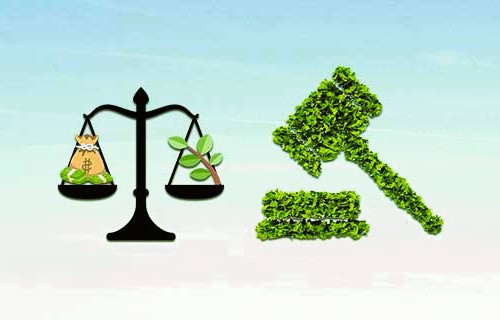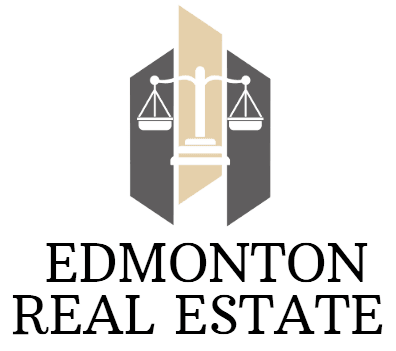Environmental considerations play an increasingly significant role in the real estate industry, with a growing emphasis on sustainable practices and responsible development. In Edmonton, like many other cities, environmental regulations are in place to ensure that real estate projects adhere to environmental standards and minimize their ecological impact. Real estate lawyers, armed with specialized knowledge, play a critical role in guiding stakeholders through the complexities of environmental regulations to ensure compliance and responsible property development. This article explores the importance of environmental regulations in real estate in Edmonton and how lawyers’ expertise contributes to ensuring compliance with these regulations.
The Importance of Environmental Regulations in Real Estate
Environmental regulations are designed to safeguard ecosystems, protect public health, and promote sustainable development. In the context of real estate, these regulations address a variety of concerns, including:
- Environmental Impact Assessment: Developers must assess potential environmental impacts of their projects before initiating construction. This assessment includes evaluating factors like air and water quality, soil contamination, and wildlife habitat disruption.
- Conservation and Biodiversity: Regulations may require developers to implement measures to protect sensitive ecosystems and preserve biodiversity within and around the development area.
- Waste Management: Developers must adhere to regulations related to waste disposal, recycling, and hazardous material management to minimize the environmental footprint of their projects.
- Water Management: Regulations often address stormwater runoff, floodplain management, and protection of bodies of water to prevent pollution and water source depletion.
- Energy Efficiency: Some jurisdictions require compliance with energy efficiency standards to reduce carbon emissions and promote sustainable energy practices.

Lawyers’ Role in Environmental Compliance
Real estate lawyers play a vital role in helping stakeholders navigate the intricate landscape of environmental regulations:
- Due Diligence: Lawyers conduct due diligence to assess the environmental history of a property, identifying potential contamination issues or regulatory violations that could impact development.
- Environmental Impact Assessment: Lawyers work with environmental experts to conduct assessments that identify potential ecological impacts and develop strategies to mitigate negative effects. Real Estate Contracts: Avoiding Pitfalls with Legal Expertise.
- Regulatory Compliance: Lawyers ensure that developers understand and comply with local, provincial, and federal environmental regulations throughout the project’s lifecycle.
- Permit Applications: Lawyers assist in obtaining the necessary permits and approvals required for a development to move forward in compliance with environmental regulations.
- Risk Mitigation: Lawyers help identify and address potential legal risks associated with environmental compliance, minimizing the potential for disputes or legal challenges.
- Public Engagement: Lawyers may assist developers in engaging with the community to address environmental concerns and ensure transparent communication about the project’s impact.
Reputable Sources for Environmental Regulations Information

For individuals seeking comprehensive insights into environmental regulations in real estate in Edmonton, reputable sources include:
- Wikipedia – Environmental Law
These sources offer valuable information on environmental regulations, legal considerations, and best practices for environmentally responsible real estate development.
Conclusion
Environmental regulations in real estate are critical for promoting sustainable development, protecting ecosystems, and ensuring responsible land use. Real estate lawyers with expertise in environmental compliance play an essential role in guiding stakeholders through the complexities of these regulations. By collaborating with lawyers who understand the legal landscape of environmental regulations in Edmonton, developers, property owners, and investors can navigate the challenges of compliance while contributing to the preservation and enhancement of the local environment.
